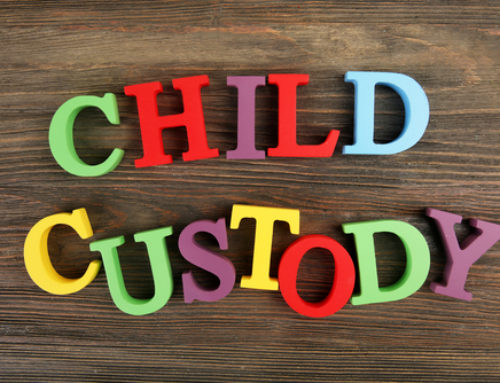When we think of child custody, we often think of two parents divorcing. Sometimes, however, custody issues can arise outside of divorce. In certain cases, the state will intervene if it thinks that the parents of a child are not suited to parent. Parental rights and child custody issues in this manner can be particularly difficult for parents who live with disabilities.
A recent report from the National Council on Disability found that nearly 10 percent of children in the U.S. a parent who is disabled, and that number is likely to continue to grow, according to a Time magazine article. And yet, more than 20 years after Congress passed legislation to protect the rights of disabled individuals, discrimination still occurs.
The article examines the case of a blind couple whose daughter was taken from them during the first two months of her life. The young girl has since adapted to life with blind parents. The NCD agrees with the cited anecdotal evidence that disabled parents are already adept at adapting to challenges.
Parents suffering from disabilities deserve the same consideration as parents who may not have any obvious limitations. Understanding the many factors that come into play during child custody proceedings and overcoming any obvious biases is essential to creating a balanced and fair agreement between parents and the courts. An experienced child custody attorney can help guide parents through the custody process.
Source: Time Magazine, “Why Parents with Disabilities Are Losing Custody of their Kids,” Bonnie Rochman, Nov. 27, 2012




